Pr. 8e~ iiCtj. Cjroeccke4 C. P ..




This book is dedicated to Pope Benedict XVT with great personal and prayerful regard.
Chapter 1: 29
Chapter 2: 45
Chapter 3: 67
Chapter 4: 79
Chapter 5: 93
Chapter 6: 113
Chapter 7: 129
Appendices
 IRTUE HAS BECOME a forgotten word. Today if someone says to you, "Oh, she's very virtuous," it is not likely to be seen as a compliment. The word conveys to many people an image of someone who is "soft and fuzzy" or "tough and prickly." Virtuous is often used in a sarcastic, cynical way by those who have no regard for virtue themselves and criticize it in others. This is a frequent phenomenon in the pages of newspapers and various other organs of public confusion, which, out of the morass of moral relativism, oddly set themselves up as the moral judges of the world. This reminds me of Yuri Andropov, who succeeded Leonid Brezhnev as premier of the Soviet Union. For several years Andropov had been director of the KGB, the Soviet secret police - hardly a position known for great virtue. I remember that he once accused somebody else's foreign policy - it may have been ours - of being insincere.' How little we know ourselves.
IRTUE HAS BECOME a forgotten word. Today if someone says to you, "Oh, she's very virtuous," it is not likely to be seen as a compliment. The word conveys to many people an image of someone who is "soft and fuzzy" or "tough and prickly." Virtuous is often used in a sarcastic, cynical way by those who have no regard for virtue themselves and criticize it in others. This is a frequent phenomenon in the pages of newspapers and various other organs of public confusion, which, out of the morass of moral relativism, oddly set themselves up as the moral judges of the world. This reminds me of Yuri Andropov, who succeeded Leonid Brezhnev as premier of the Soviet Union. For several years Andropov had been director of the KGB, the Soviet secret police - hardly a position known for great virtue. I remember that he once accused somebody else's foreign policy - it may have been ours - of being insincere.' How little we know ourselves.
Virtue, therefore, is a very odd word in our world, and we don't get much help from many theologians today. In fact, they are something of a hindrance. Some theologians have recently embraced the idea that virtue is nothing really significant, just a trait of behavior.' In fact, the philosophers and, recently, some of the psychologists are much more help.
Certain behaviors are often considered good traits: friendliness and even-temperedness, for example. Traits that are pleasant or helpful we tend to call virtues. This misses the whole point. This is, in fact, the view of the experimental psychologists, who look at human beings as complicated animals. Experimental psychologists study pigeons or white rats or even glowworms to figure out what people are going to do. If you take that worm's-eye view of human nature, you would just say that virtues are series of behaviors that we have decided to identify as good. And since we don't know what goodness means, we might say "nice."
According to these people, virtues are neither good nor bad. This notion of virtue would ultimately have to be traced back to a philosopher whose name we all know. We seldom realize, however, the damage this well-meaning person caused. He's living proof that kindly, virtuous people can do all kinds of damage. Immanuel Kant, relying on pure reason, sought to avoid giving values to things, at least in his most influential work. You may think that one thing is good; another person may think something else is good. Nobody's right and nobody's wrong. Kant, fortunately, did not live by this theory, because he was a devout Christian.' He seemed a pious old man who was neutral about everything except his own life, which was virtuous. But Kant's interpretation of the process of knowing is a dangerous point of view. It took into account neither right nor wrong.
Humans vs. Animals
WHEN I WAS STUDYING cognitive science at Columbia University, I decided to do an exercise in academic freedom. I argued with my professors on a very limited view of human nature made popular in our time by the famous experimental psychologist B. F. Skinner. His teaching incorporated a view of human nature that represented a school of psychology called behavior ism. It included MacDougal, Guthrie, Hall, Clark, Watson, and Skinner - all of which are Scottish names. These men were raised in the Scottish Calvinist tradition, which firmly denied free will. Having given up their Presbyterian affiliations, they then decided that people were complicated animals. Before his death, Skinner admitted that he was really not an atheist but had pretended to be an atheist because he didn't know what to do with God. He eventually seemed to return to the view of the radical Calvinism of his youth. In his autobiography, as well as in a popular article in Psychology Today, he refers to three of the four Gospels (see, for example, Luke 17:33). He pointed out that it may strike some people as strange that the idea of gaining one's life vs. losing one's life "should be, as I think it is, the central theme of a behavioral sci- ence."4 He never gave up a behavioristic point of view. He still thought of people as complicated pigeons. He wrote a book called BeyondFreedom andDignity, denying that human beings really had either one.
Probably the most radical of all of these behaviorists was Edwin Guthrie. I never knew anything about his personal life, but he must have been unusual. Guthrie described human beings as a torus. A torus is a doughnut, a round thing that has a surface on all sides. Human beings were tori. I'll leave you to think of the biology of this idea. According to Guthrie, a human being is a torus, on the surface of which are receptors for stimuli. Life is just a series of responses to these stimuli. This is a somewhat narrow view of human nature! It is really a description of a paramecium, a little creature that simply crawls around and looks for things to eat. The idea of a torus does not do justice even to pet dogs and cats - or even birds for that matter.
Although it was useful in experimental psychology, the behavioristic point of view has been very destructive in mod ern life, and many acute moral issues facing the human race are based precisely on this view of human beings as complicated animals. When animals get too complicated and are not cooperative, what do we do? We put them to sleep. A man who falsely claimed to be very virtuous, who sought to create a nation of virtuous people according to his definition of virtue - a super race - gassed millions of people to accomplish his goal. I have walked through the gas chambers at Auschwitz, where almost a million people were put to death because they did not fit his idea of virtue.
What does this have to do with Holy Scripture? Holy Scripture takes a very different view of man, as, for example, in Psalm 1, known in Latin as Beatus vir:

I would say the psalmist has a clear idea of goodness, of virtue of the blessed man. And he has an idea of the unblessed man:


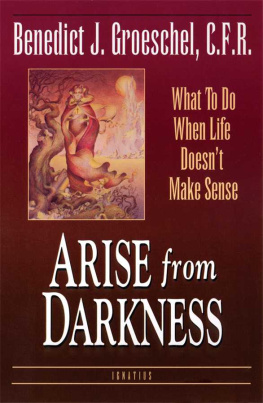

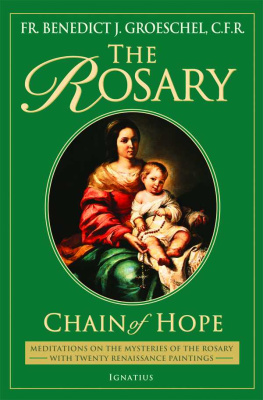
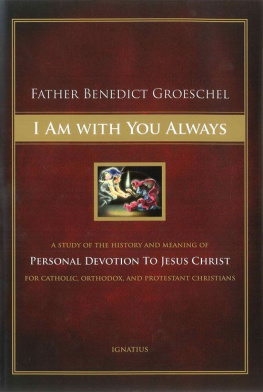
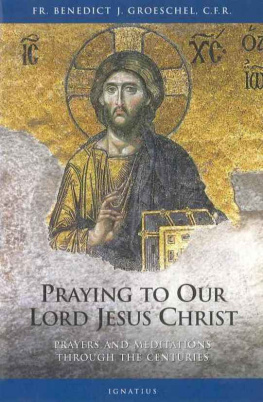
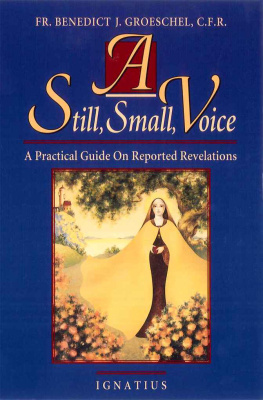
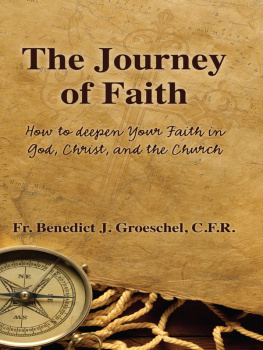


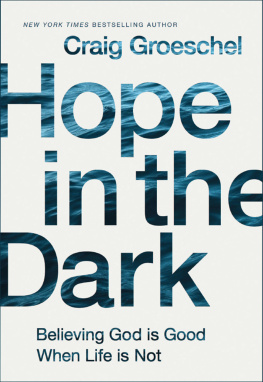




 IRTUE HAS BECOME a forgotten word. Today if someone says to you, "Oh, she's very virtuous," it is not likely to be seen as a compliment. The word conveys to many people an image of someone who is "soft and fuzzy" or "tough and prickly." Virtuous is often used in a sarcastic, cynical way by those who have no regard for virtue themselves and criticize it in others. This is a frequent phenomenon in the pages of newspapers and various other organs of public confusion, which, out of the morass of moral relativism, oddly set themselves up as the moral judges of the world. This reminds me of Yuri Andropov, who succeeded Leonid Brezhnev as premier of the Soviet Union. For several years Andropov had been director of the KGB, the Soviet secret police - hardly a position known for great virtue. I remember that he once accused somebody else's foreign policy - it may have been ours - of being insincere.' How little we know ourselves.
IRTUE HAS BECOME a forgotten word. Today if someone says to you, "Oh, she's very virtuous," it is not likely to be seen as a compliment. The word conveys to many people an image of someone who is "soft and fuzzy" or "tough and prickly." Virtuous is often used in a sarcastic, cynical way by those who have no regard for virtue themselves and criticize it in others. This is a frequent phenomenon in the pages of newspapers and various other organs of public confusion, which, out of the morass of moral relativism, oddly set themselves up as the moral judges of the world. This reminds me of Yuri Andropov, who succeeded Leonid Brezhnev as premier of the Soviet Union. For several years Andropov had been director of the KGB, the Soviet secret police - hardly a position known for great virtue. I remember that he once accused somebody else's foreign policy - it may have been ours - of being insincere.' How little we know ourselves.